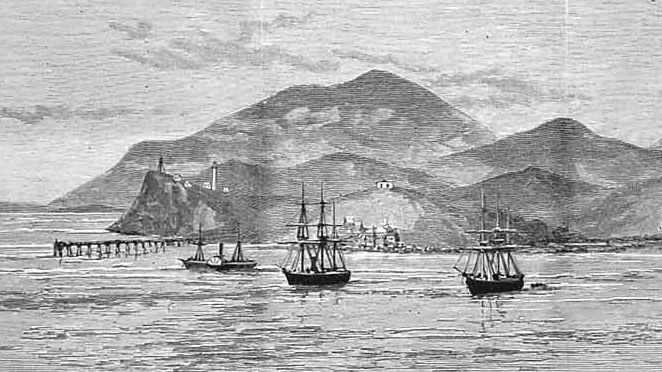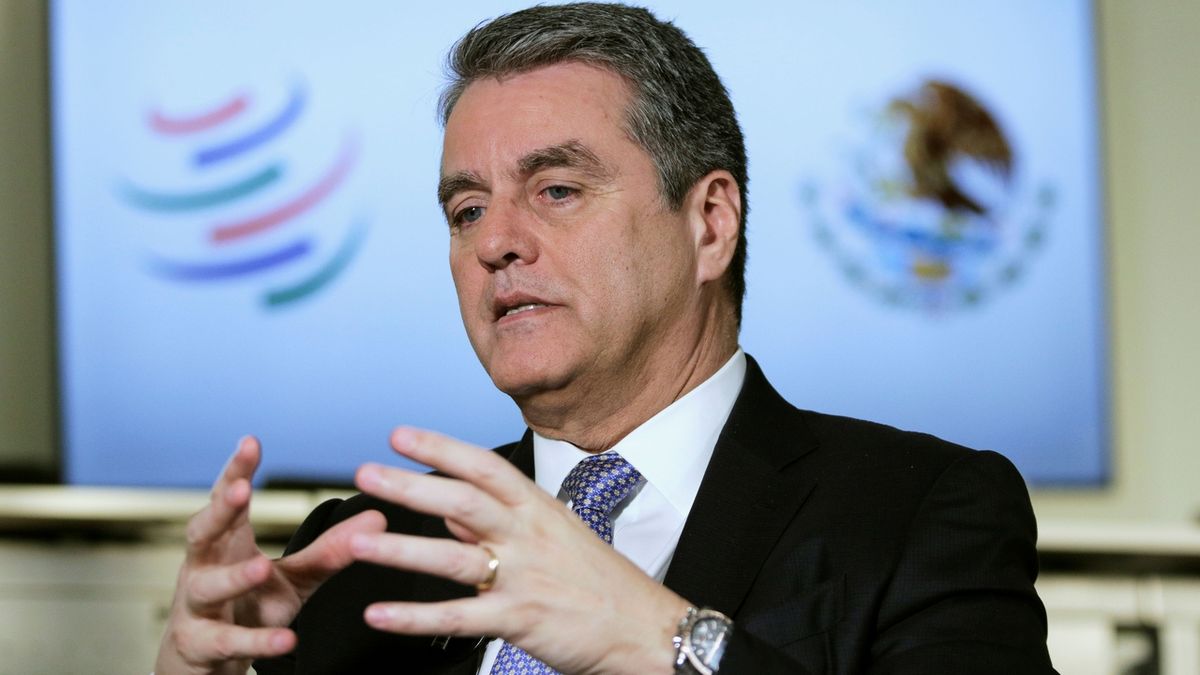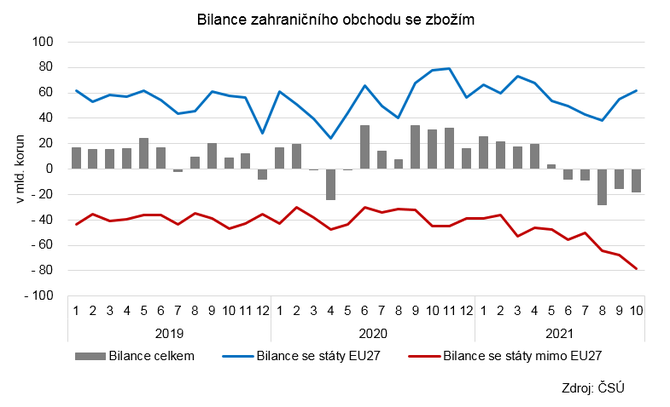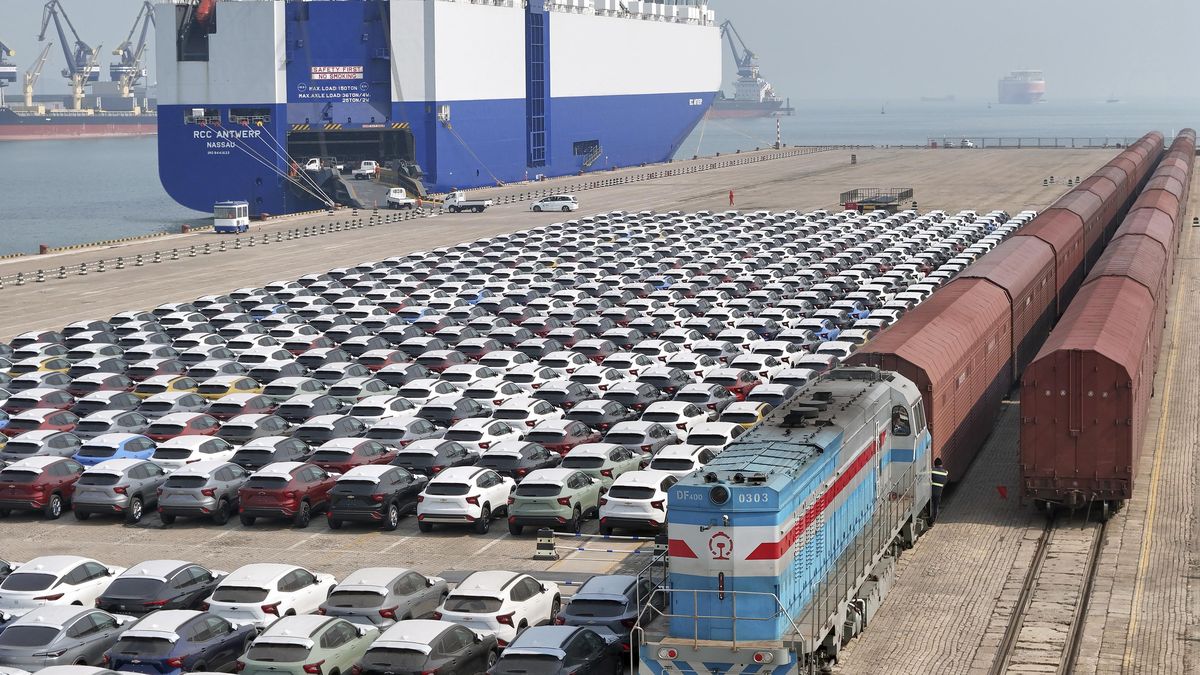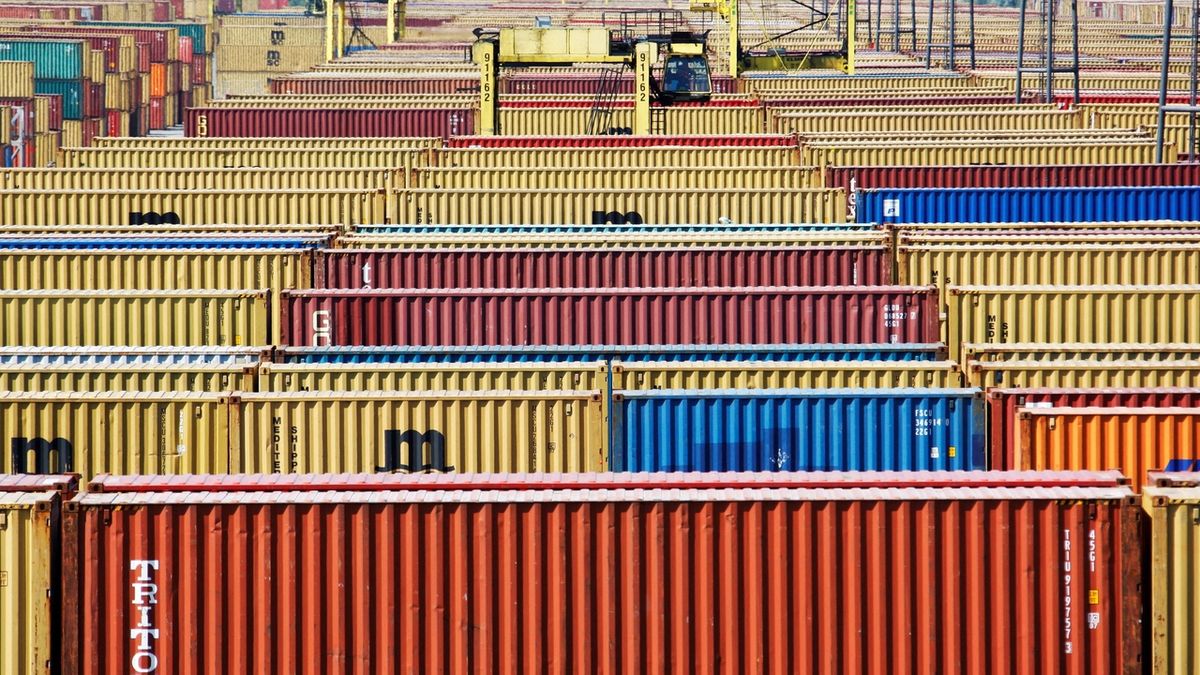You can also listen to the article in audio version.
Did Russia have colonies in Africa or not? Since the start of Russia’s invasion of Ukraine, this question has resonated, precisely in connection with the war, on African Twitter.
While some African users see the hypocrisy in the current behavior of European countries, as these countries have “occupied” foreign (African) territory in the past, others point out that Russia also has its own, albeit brief, colonial history in Africa.
New Moscow Colony
The peak of the “African Hunt” came at the end of the 19th century. It was dominated by the European powers, including Great Britain, France, Germany or Portugal, which at the Berlin Conference (at the turn of 1884 and 1885) divided their spheres of influence and established geometric boundaries. That is, which we can still see on the map today. Russia also does not want to be left behind.
Russian adventurer Nikolay Ivanovich Ashinov seized the opportunity during his trip to the then Ethiopian Empire, aiming to strengthen mutual ties. With his company of about 200 Cossacks, in January 1889, Ashinov landed at the village of Sagallo in present-day Djibouti, which he named New Moscow. servers RFE/RL.
“The (Russian) Colony was the left wing of Russian-Ethiopian relations, which were warm and intense at the turn of the 19th century,” said Jan Záhořík of West Bohemian University in Pilsen to Seznam Zprávy.
Tsar Alexander III however, according to Záhořík, he distanced himself from the actions of the Cossack groups, and the invaders were quickly driven out by the French, who fought for a dominant position in the region. Thus, the Russian state lasted only a few weeks, and no monuments of this period remain in Djibouti today.
Currently, according to Záhořík, Russia does not have above-standard relations with Djibouti. According to him, Moscow’s offer is very limited compared to Beijing, which has a strong position in the region. “(Russia) can offer any type of arms deal, contact or training programme,” he gave the example of.
The world’s most important transportation hub
But Djibouti’s importance continues to grow. The country of nearly one million people is currently an important center for world shipping, ships crossing from Asia to Europe and vice versa. Anyone who decides to enter the Red Sea must pass through the “Gate of Tears” (Mandeb Strait) and the waters of Djibouti. According to German servers Deutsche Welle Up to 10 percent of global trade flows via this route.
War in Ukraine: What’s Next in Moving African Twitter?
African views of Russia regarding the war in Ukraine have been mixed from the start. Some expressed solidarity with Ukraine, others supported Russian President Vladimir Putin and pointed to double standards on the part of the West.
“Djibouti is very important in terms of controlling the movement of goods, including strategic raw materials, and this is one of the reasons why world powers are building military bases in the country. Another reason is the presence of pirates in Somali waters,” explained the African.
Thus referring, among other things, to the other first states in this country. It is in Djibouti that the largest number of military bases from across the continent are located. The largest with five thousand soldiers belongs to the United States, which built it in the country after September 11, 2001. Other countries also have military posts here.
Japan built it in 2009. It was in response to increased piracy activity at the time, and the base was used to manage military operations in the region, according to Germany. servers Deutsche Welle. Likewise with Spain and Italy. They all cooperate with the US in military operations, he wrote English BBC public service.
Since 2017, Beijing also has a military base in Djibouti, which is the only one not directly located on Chinese territory. However, according to speculation by foreign media and international relations experts, he may not be the last.
Chinese power
“China is present in every conceivable sector of the economy – building all the backbone infrastructure, trading in goods, services and bartering. Its advantage is that it offers its goods at acceptable prices, which, for example, Western countries cannot afford in some sectors of the economy,” Záhořík explained about China’s influence in Djibouti.
Where does China have bases?
Taiwanese Joseph Wen developed a project that is now sanctified even by military analysts. Since 2020, it has systematically made interactive online map with detailed information on more than 1,500 Chinese military bases not only on Chinese territory, but around the world.
Apart from shipping, Djibouti is also an important overland link to Ethiopia and further into the interior of Africa. For example, on August 30, the first ship with Ukrainian grain bound for Africa arrived in the port of Djibouti since the start of the war. Grain was sent further by rail to Ethiopia and other countries, he said servers Al Jazeera.
“The line between Addis Ababa and Djibouti is very important. This railway was originally built by the French at the turn of the 19th and 20th centuries, then gradually disappeared during the Cold War, and in the last decade China rebuilt and electrified it,” Záhořík explains the history of the railway.
People’s situation has not changed
According to DW, Djibouti’s port annually brings in up to 2.4 billion crowns (100 million euros) to the state treasury. However, its revenue is primarily for port modernization and does not change the lives of ordinary people.
“When you look at the situation on the ground, the main thing you will see is that people are still very poor. Djibouti is still one of the poorest countries in the region,” Hassan Khannenje, director of the Horn Institute for Strategic Studies, a regional think tank based in Nairobi, Kenya, told DW.
According to World Food program 42 percent of the population lives in poverty. In addition, the country is 90 percent dependent on commodity imports.

“Tv nerd. Passionate food specialist. Travel practitioner. Web guru. Hardcore zombieaholic. Unapologetic music fanatic.”

